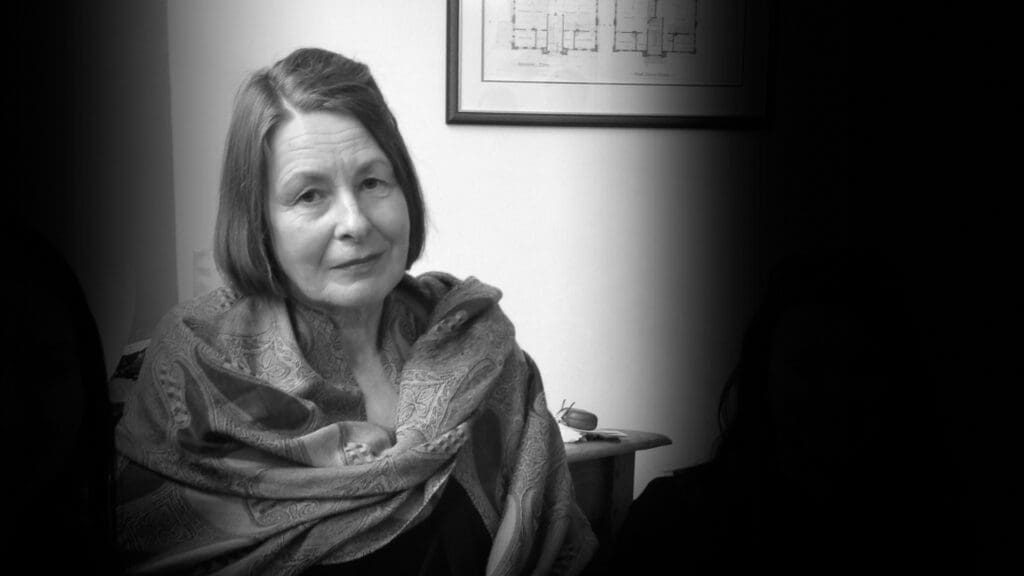Federal Court rules that Medevac assessments by Australian doctors must be considered by Minister
Yesterday, the Federal Court of Australia ruled that the Australian Government has to consider applications for refugees on Manus and Nauru made under the Medevac laws that are made in line with standard Australian medical practices.
In its findings, the Court noted expert opinion that medical professionals can evaluate a patient’s need for further assessment or treatment, without any personal engagement with the patient, on the basis of notes of other practitioners or information gathered from third parties.
Shortly after the Medevac laws passed, the Nauruan government passed legislation to ban doctors speaking with patients on Nauru for the purpose of medical assessment.
David Burke, a Senior Lawyer with the Human Rights Law Centre said:
“At every step of the way the Medevac bill was informed by Australian doctors and backed by the Australian Medical Association. The Court’s decisions shows that the Government has been unlawfully trying to prevent seriously ill people from accessing the Medevac Laws.”
The case involved a critically ill man on Nauru. In order to assess the man’s health, two independent doctors reviewed all available medical records including those from the Australian Government’s doctors on Nauru. Despite receiving detailed medical reports by the expert medical practitioners, the Home Affairs Secretary refused to notify the Minister of the application.
“The Australian Government has repeatedly tried to make it hard for sick people to access life saving medical care. The fact that we were forced to file in court yet again to allow a sick refugee medical treatment shows how important the Medevac Laws are. We need medical decisions to be made by doctors, not politicians and bureaucrats,” said Mr Burke.
“We argued that these Australian doctors’ medical assessments were valid under the legislation and the Court agreed. The Court’s findings reinforced how important this law is to ensure the Government could not block sick refugees requesting help for urgent medical care,” added Mr Burke.
Under the Medevac laws, the Secretary must notify the Minister for Home Affairs once two registered doctors have made valid recommendations for medical transfer. Once notified, the Minister can accept or reject the application for transfer. If the Minister rejects the transfer, the case is taken to the Government’s Independent Health Advice Panel. The Panel must clinically assess the person and make a medical recommendation to the Minister.
The Minister retains discretion to refuse Medevac applications on national security or character grounds in every case.
Media contact:
Michelle Bennett, Communications Director, Human Rights Law Centre, 0419 100 519
Media Enquiries
Chandi Bates
Media and Communications Manager

Legal challenge filed against Tasmanian Parole Board’s decision to gag free speech
The Human Rights Law Centre has filed legal proceedings on behalf of Tasmanian grandmother, Susan Neill-Fraser, to challenge a restrictive parole condition placed on her by the Tasmanian Parole Board seeking to limit her ability to speak to the media.
Read more
University of Melbourne urged to drop repressive anti-protest and surveillance policies
The University of Melbourne is being urged to abandon policy changes that restrict staff and students’ right to protest and permit the widespread surveillance of people using their wifi network.
Read more
Expanded protections for marginalised groups welcomed in Allan Government’s anti-vilification laws
The Human Rights Law Centre welcomes the additional protections for marginalised groups in anti-vilification laws passed today by the Allan Government. These laws expand protections from vilification to include people from LGBTIQA+ and disability communities, and provide communities with important civil law avenues to address vilification.
Read more


